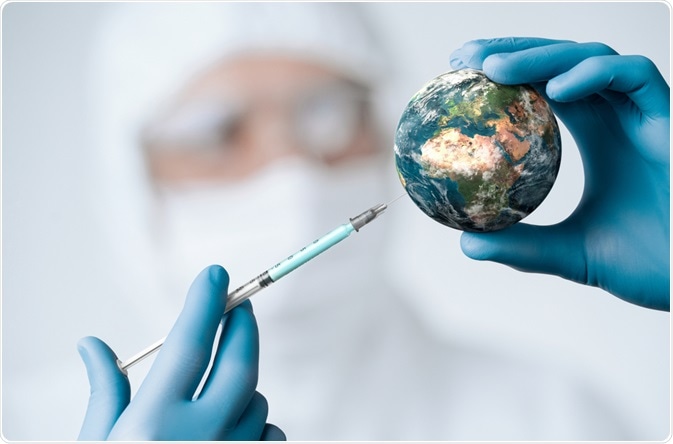
Building Trust in the Science of Vaccines
During the pandemic, Geraldine Bradshaw, a school principal in Durham, North Carolina, volunteered for a clinical trial testing a COVID-19 vaccine. Inspired by her students, she wanted to encourage African Americans to take part in science.
"It gave me the power to help pave a way for these children to have a better future," Bradshaw says, "and show them how important it is that people who look like them aid in the progression of science."
Now, with half of U.S. adults fully vaccinated, Bradshaw sees how her participation made a difference.
"Science is part of the solution to ending this pandemic," says Dr. Gary H. Gibbons, director of the National Heart, Lung, and Blood Institute. At every step of scientific discovery, safety leads the way — guiding research, volunteer recruitment, oversight, approval, and community engagement.
However, myths and misinformation have fueled confusion and mistrust, especially in communities hit hardest by COVID-19. That’s why trusted voices are speaking out about the science behind vaccines and treatments.
"It is my passion to communicate the safety and efficacy of these vaccines," says Dr. Ian Moore, chief of infectious disease pathology at the NIH. He oversaw early lab research and prioritizes educating the public.
"I can say with the utmost confidence that this vaccine is safe and effective," says Dr. Lisa A. Cooper of Johns Hopkins University, who monitored the Moderna trial that proved 94% effective.
"My role allows me to ease concerns from friends and family and ensure they trust the science."
"I no longer want to see my parents, grandparents, or cousins dying of COVID," says Dr. Katya Corado, a physician and researcher at the Lundquist Institute, who develops clinical protocols and educates affected communities.
Outreach efforts like these are having an effect. A Pew Research Center survey in February showed nearly 70% of all adults — and 61% of Black adults — planned to get vaccinated, up significantly from November.
The CDC reports that among 123 million fully vaccinated U.S. adults by May, only 1,949 (less than 0.001%) experienced severe COVID-19 illness.
"As a Latino physician with over 20 years of experience," says Dr. Olveen Carrasquillo of the University of Miami, "it’s crucial that our hardest-hit communities receive the care and education they deserve."
"I now tell everybody with confidence that getting the vaccine is safe. I know, because I was involved," says Dr. Chyke Doubeni of the Mayo Clinic and a vaccine trial participant.
🔗 Other Useful Links
- News By Amurchem
- Free Web Development Course
- All-in-One Exam Prep Portal
- Articles by Amurchem
- Grade 12 Section
- Grade 11 Section
- Grade 10 Section
- Grade 09 Section
- Home and Online Tuition
- Labs By Amurchem
- Science Lectures By Amurchem
© 2025 AmurChem. All rights reserved.





